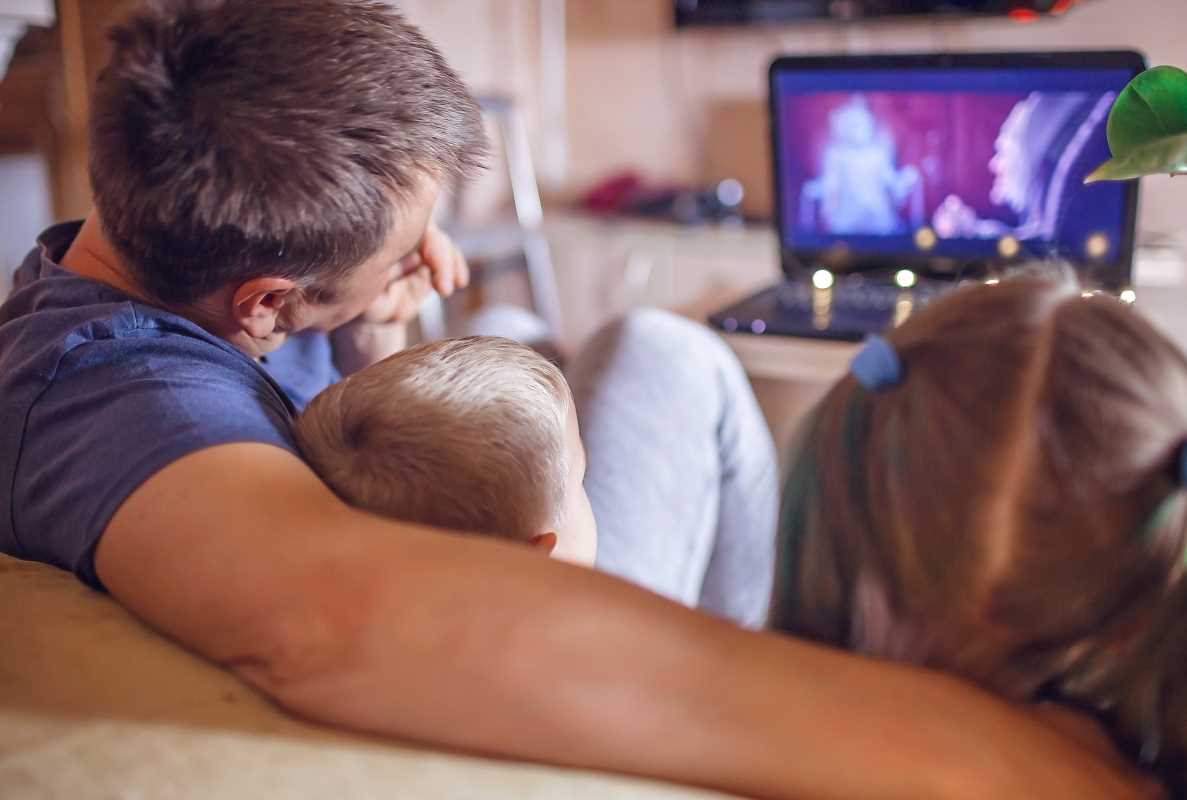In today’s digital age, the question of whether or not to share passwords can be a pivotal one in relationships. It touches on issues of trust, privacy, and the dynamics of modern intimacy. While some view sharing passwords as a sign of trust and transparency, others may see it as a potential infringement on personal space. Here’s a look at various perspectives and considerations on sharing digital access in relationships.
Trust and Transparency
Sharing passwords can be seen as the ultimate sign of trust among couples. It often represents openness and transparency, suggesting that neither partner has anything to hide. This practice might be more common in relationships where partners share a large portion of their lives, including financial responsibilities or family planning.
- Indication of trust: Seen as proof of complete honesty.
- Common among: Couples with joint responsibilities or long-term commitments.
Privacy and Independence
On the flip side, maintaining individual passwords can be a strong statement about personal privacy and independence. Many argue that even in the closest relationships, everyone deserves their own private space, which includes digital privacy. This boundary can be crucial for maintaining a healthy relationship where each person can feel like an individual, not just part of a pair.
- Value of privacy: Essential for personal autonomy.
- Importance: Helps maintain individuality within a relationship.
Security Risks
Sharing passwords can lead to potential security risks. If a relationship turns sour, shared passwords can become a tool for revenge or harassment, leading to potentially serious consequences like identity theft or privacy breaches. It’s essential to consider these risks seriously before deciding to share such sensitive information.
- Potential dangers: Misuse in cases of relationship breakdown.
- Precautionary measure: Change passwords frequently if shared.
Digital Etiquette
There’s an etiquette to digital sharing in relationships, often governed by mutual respect and agreement. Some couples may choose to share passwords to certain accounts like streaming services or family calendars, while keeping their email and social media accounts private. This selective sharing can be a good compromise that respects both transparency and privacy.
- Selective sharing: Common for non-sensitive accounts.
- Balancing act: Combines transparency with respect for privacy.
Legal Implications
In some jurisdictions, sharing passwords can have legal implications, especially if it leads to unauthorized access to someone’s personal data without their continuous consent. It’s important to understand the legal context of digital information sharing, particularly when it comes to accessing someone else’s email or social networking accounts without permission.
- Legal boundaries: Importance of continuous consent.
- Awareness: Necessary to understand local laws on digital privacy.
Impact on Relationship Dynamics
The decision to share or not share passwords can significantly impact relationship dynamics. It can either strengthen trust or create tension based on how it's handled. Open communication about why you choose to share or not share passwords can prevent misunderstandings and foster a healthier relationship.
- Influence on trust: Can build or break trust.
- Communication: Key to managing digital sharing decisions.
Tech-Savvy Alternatives
For tech-savvy couples, there are alternatives to sharing passwords that can offer convenience without compromising security. Using password managers that allow access without revealing the password itself or setting up family accounts where each person has individual access can be effective solutions.
- Use of technology: Password managers as a secure alternative.
- Convenience without risk: Allows access without direct password sharing.
Setting Boundaries
It’s crucial for couples to discuss and set boundaries regarding digital privacy. This conversation should be part of a broader discussion on trust and boundaries in the relationship. What works for one couple may not work for another, so it’s important to find a balance that both partners are comfortable with.
- Importance of boundaries: Crucial for digital and personal privacy.
- Individual preferences: Vary widely among couples.
Deciding whether to share passwords in a relationship is a personal decision that should be made based on trust, respect, and mutual understanding. By considering these various aspects and maintaining open communication, couples can navigate the complexities of digital sharing in a way that strengthens their relationship.







